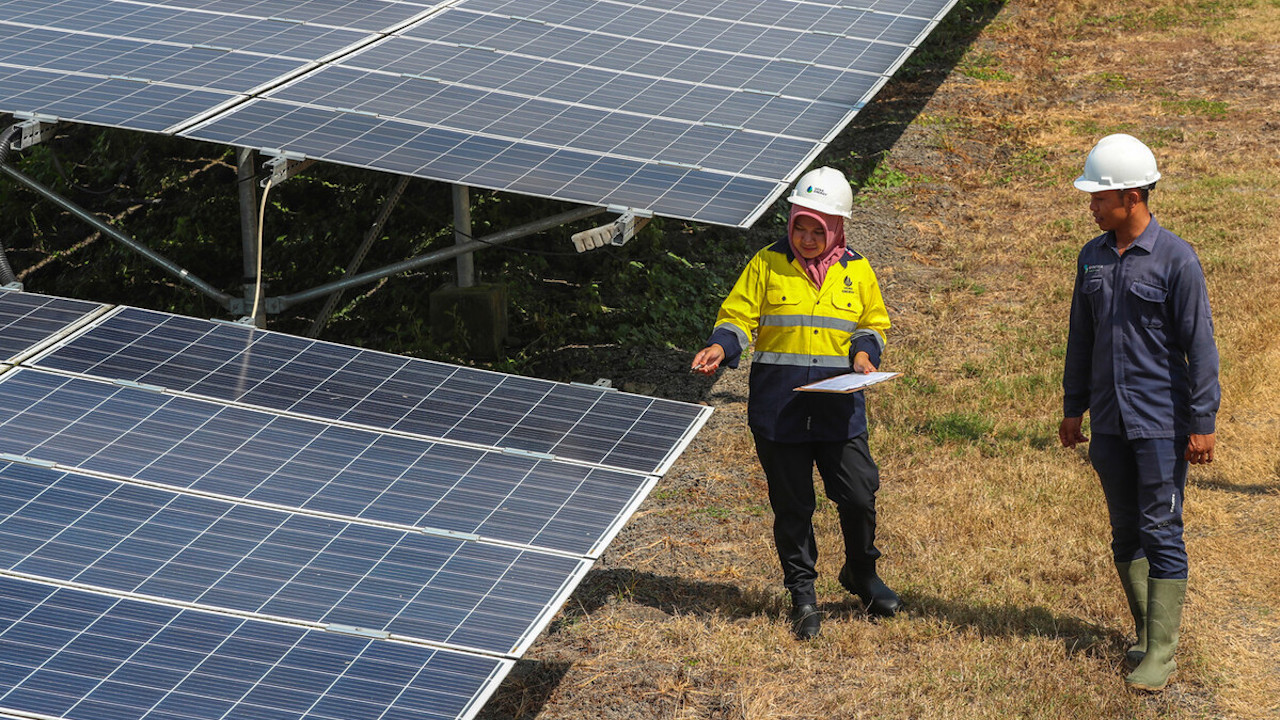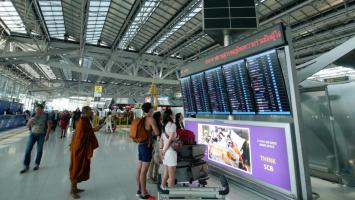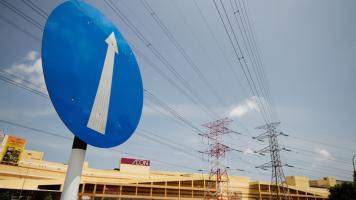Addressing Financial and Investment Barriers to Accelerating ASEAN’s Clean Energy Transition

Senior Project Manager, Climateworks Centre

ASEAN has set an aspirational target of achieving 23% renewable energy in its total primary energy supply by 2025, up from 14.2% in 2020. Photo credit: ADB.
To achieve 23% renewable energy in its total primary energy supply by 2025, the region needs to deploy and test innovative financing and investment schemes to aid the shift.
This article is published in collaboration with the Climateworks Centre.
Southeast Asia is a rapidly growing region, accounting for 3.6% of the world’s economy in 2022.
The region has a diverse range of economies, and its growth has consistently outpaced the global average.
This growth has been accompanied by increasing energy consumption, with oil and coal being the primary energy sources, accounting for more than 70% in 2022.
In response, Indonesia, chairing the Association of Southeast Asian Nations (ASEAN) this year, has prioritized sustainable energy transition among other goals.
This recognizes the importance of clean energy in driving economic growth in this region.
Shift to renewable energy
ASEAN has set an aspirational target of achieving 23% renewable energy in its total primary energy supply by 2025, up from 14.2% in 2020.
To achieve this, the region must triple its annual renewable energy investment, increasing from $8 billion annually (over the last 5 years) to $27 billion annually. Hence, innovative financing and investment schemes should be explored and tested.
Climateworks Centre—together with the Centre for Policy Development (CPD), International Institute for Sustainable Development (IISD), Indonesia Research Institute for Decarbonization (IRID), and the Institute for Essential Services Reform (IESR)—have been exploring this topic since Indonesia’s G20 presidency last year.
And this year, we continue supporting Indonesia to succeed as ASEAN Chair and boost the region’s clean energy transition progress.
Leveraging public funds and mobilizing private finance
Energy investments in emerging and developing economies rely heavily on public sources of finance, according to a study by the International Energy Agency (IEA), the World Bank, and the World Economic Forum.
In the study’s scenarios, more than 70% of clean energy investments are privately financed—especially in renewable power and efficiency. Consequently, an imminent mobilization of public and private capital through blended finance is pivotal in narrowing the gap.
The Secretary General of Indonesia’s Ministry of Energy and Mineral Resources, Dadan Kusdiana, reiterated the need for blended finance in his speech at our first side event of the ASEAN Chair 2023, where he represented the Minister for Energy.
"Energy transition [is] very country-specific; hence the widest variety of energy sources, technology, and financing should be considered to ensure a just, inclusive, affordable, and secure energy transition in accordance with the circumstances of each country," Kusdiana said while speaking at the seminar, Sustainable Energy Financing and Mobilisation of Energy Investment in ASEAN, held in Jakarta on 27 June 2023.
Regional long-term strategies and pathways are needed for a sound energy transition, including climate financing strategies based on net-zero emissions by 2050 scenario targets.
Target-based strategies
Jeffery Sachs, the president of the United Nations Sustainable Development Solutions Network (UN SDSN), who joined online to deliver the keynote address at the event, outlined the importance of integrated target-based strategies.
He stated that many factors including the power sector, the industrial sector, sustainable infrastructure, agroforestry, technological innovation, and research and development—will be key to developing a pathway to reach the renewable energy target.
Climateworks’ Chairman John Thwaites echoed the importance of defining clear targets and formulating effective strategies to reach them, underscoring work currently in progress by UN SDSN to develop models for a net-zero energy framework across the region.
"There are at least four key takeaways that Australia is learning and might apply in the region. First, strong targets are essential. Second, legislation and regulation are important to create a market to make renewable energy more profitable. Third, multiple sources of funding and finance are needed. And last but not least, a plan for a just energy transition is also important," Thwaites said.
This article was first published by Climateworks Centre on 24 August 2023.

Jannata Giwangkara
Senior Project Manager, Climateworks CentreJannata Giwangkara works with Climateworks’ Indonesia team. He leads projects in energy policy, power sector transformation, low-carbon development, and supports business development. He previously worked for the Indonesian-based energy think tank Institute for Essential Services Reform, as an energy transformation program manager. He also worked with multinational development agencies like UNDP, USAID, and GIZ in climate and energy-related works. He graduated from Bogor Agricultural University with a bachelor's degree in applied climatology.

Climateworks Centre
Climateworks Centre bridges the gap between research and climate action, operating as an independent not-for-profit within Monash University. Climateworks Centre develops specialist knowledge to accelerate emissions reduction, in line with the global 1.5°C temperature goal, across Australia, Southeast Asia and the Pacific.


